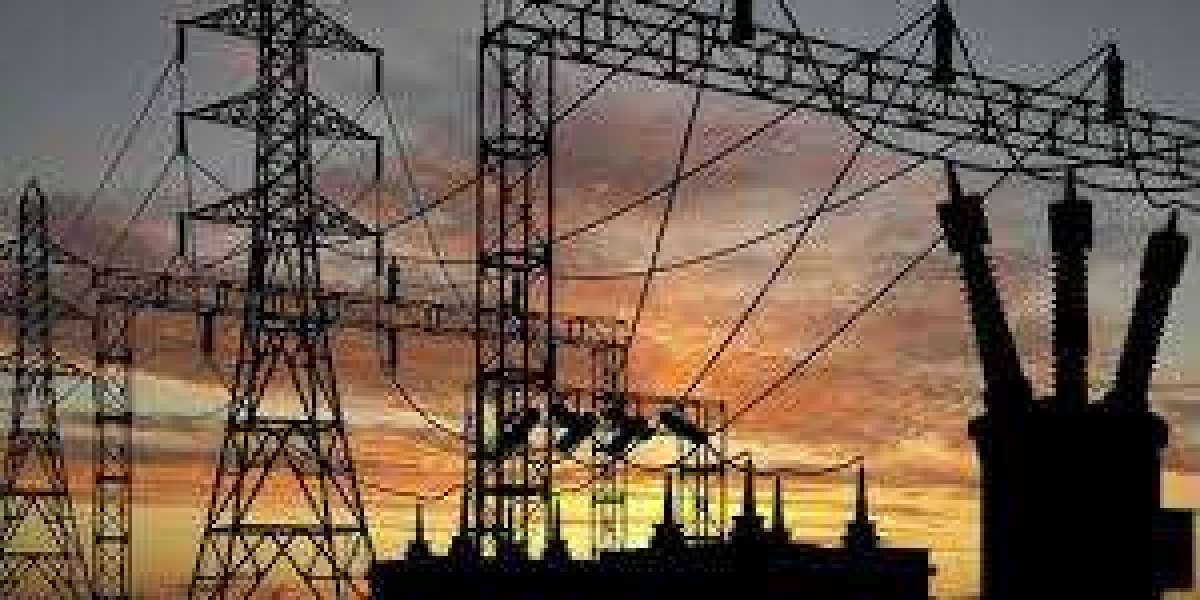The Federal Government of Nigeria has unveiled plans to raise part of the $10 billion needed annually to achieve regular electricity supply nationwide within the next five to ten years, by partnering with the private sector. This announcement came to light during a recent meeting in Abuja between the Director General of the Infrastructure Concession Regulatory Commission (ICRC), Dr. Jobson Oseodion Ewalefoh, and the Minister of Power, Chief Adebayo Adelabu.
Both parties acknowledged that addressing Nigeria’s persistent power challenges requires more than government funding alone. They emphasized the need for Public-Private Partnerships (PPPs) to not only co-finance projects but also bring in technical expertise essential for optimal performance of the country's electricity infrastructure. Speaking at the meeting, Dr. Ewalefoh noted that power is too crucial to Nigeria’s economic development to be left behind, adding that revitalizing the sector demands both funding and strategic collaboration.
He stressed that the issues in the power sector are multifaceted, ranging from infrastructure gaps to regulatory bottlenecks, and said the ICRC stands ready to use its framework to attract the necessary private sector investment. According to the DG, attracting even a portion of the projected $10 billion per year through PPPs could significantly improve electricity access and, in turn, stimulate investment across other sectors of the economy.
"Revamping the power sector requires planning, it involves investments, and it takes time," he said. "The investment required is massive, and the government cannot shoulder it alone. We must leverage private sector capacity. That’s why the ICRC was created."
Dr. Ewalefoh commended the Minister of Power for his leadership and expressed confidence in his ability to drive meaningful reform in the sector. He also shared that the Commission had introduced a new six-point policy framework to streamline PPP processes in line with directives from President Bola Ahmed Tinubu. While the aim is to fast-track project delivery and encourage investor interest, the ICRC remains firm in its regulatory oversight to prevent unqualified firms from stalling critical developments.
In a bid to ensure accountability and prevent project delays, the Commission now mandates the inclusion of ‘conditions precedent’ in all PPP agreements—meaning any preferred bidder who fails to meet agreed obligations will have their deal nullified automatically.
Responding to the DG, Chief Adelabu reaffirmed that achieving uninterrupted power supply across Nigeria will require substantial investment, estimated at $10 billion per year for the next decade. He reiterated that the federal government cannot shoulder this burden alone, especially with competing demands in other vital sectors. According to the Minister, this makes PPPs a necessary and strategic solution, with the government retaining oversight while private players provide capital and expertise.
He concluded by emphasizing that the path forward lies in collaboration and that well-structured concession agreements are the most effective way to deliver sustainable results in the power sector.







Joe Pope 10 timer
Nice move by the govt